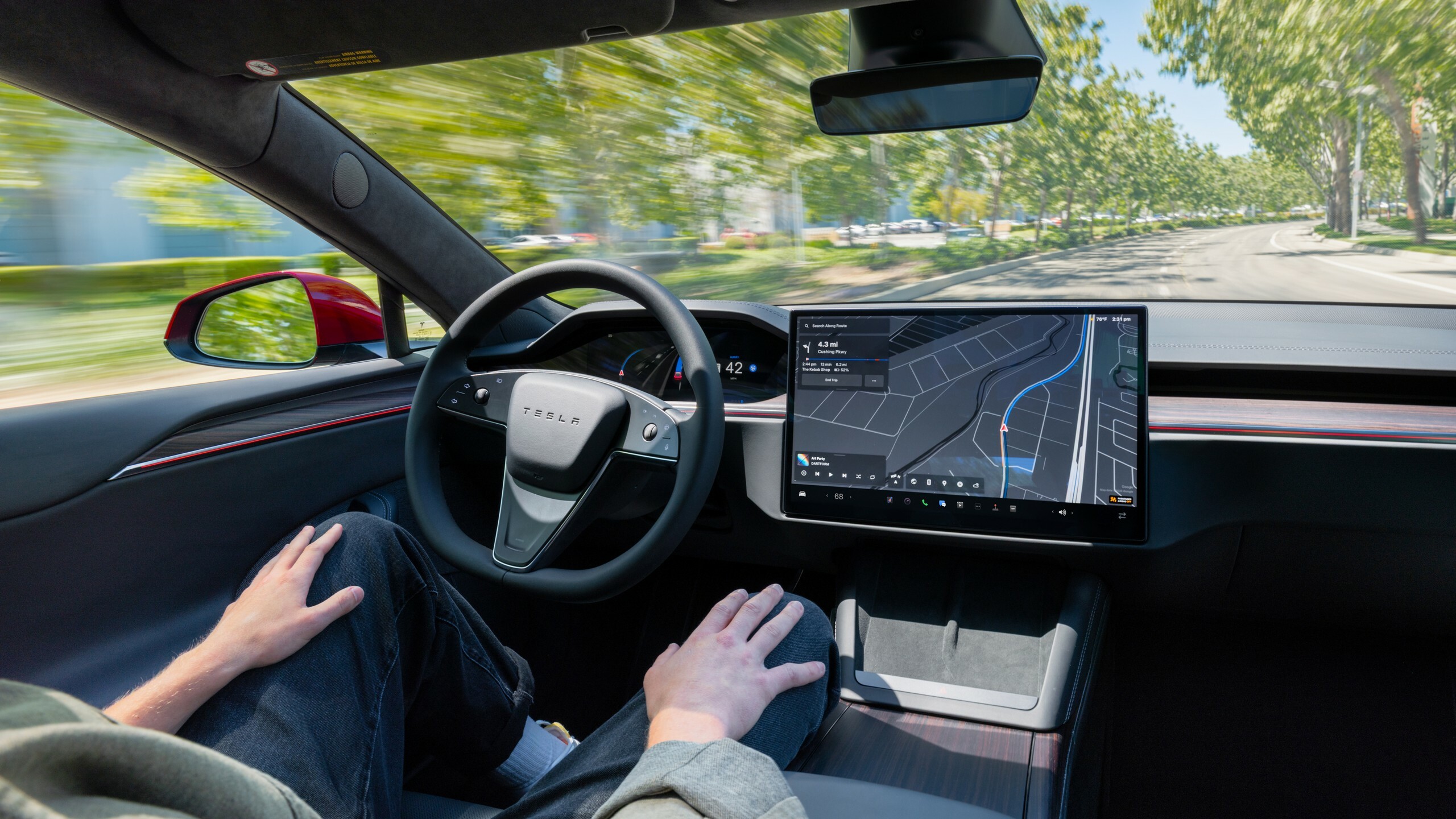Tesla Might Lose Car Sales in California

Tesla Faces Regulatory Scrutiny Over Driver-Assistance Claims
Tesla is preparing for a five-day hearing in California as it faces allegations of misleading consumers about the capabilities of its driver-assistance systems. The California Department of Motor Vehicles (DMV) has accused the company of overstating what its Autopilot and Full Self-Driving (FSD) features can do, leading to potential consequences that could impact its operations in the state.
The hearing comes after the DMV filed a complaint in July 2022, claiming that Tesla's marketing materials gave the impression that its vehicles could perform long-distance trips with no action required from the driver. This assertion has raised concerns among regulators and consumers alike, who are questioning whether the technology is being accurately represented.
A judge in California recently denied a motion to dismiss the claims, ordering Tesla to appear before an administrative law judge in Oakland. The hearing, scheduled to begin next week, could result in significant repercussions for the company, including the possibility of having its dealer license suspended or revoked. This license is essential for Tesla to continue selling vehicles in California, making the outcome of the hearing critical for its business operations.
Legal Arguments and Free Speech Concerns
Tesla’s legal team is defending the company by arguing that the contested marketing language is protected under free speech. They claim that statements regarding the autonomous driving capabilities were taken out of context and omitted important disclaimers and warnings. According to Tesla, the Autopilot system requires "active driver supervision," which is clearly stated in its materials.
Despite these arguments, the DMV remains firm in its stance, emphasizing the need for transparency and accurate representation of the technology. The regulator believes that the current marketing practices may lead to consumer confusion and unsafe behavior on the roads.
Expanding Robotaxi Operations in San Francisco
At the same time, Tesla is seeking regulatory approval to expand its robotaxi program in San Francisco. If granted, a fleet of Tesla Model Y vehicles would operate autonomously within a geo-fenced area, albeit with human supervision. This initiative would place Tesla in direct competition with companies like Waymo, which already offers similar services in the city.
However, the expansion of autonomous vehicle operations raises new questions about safety and regulation. As Tesla pushes forward with its vision for self-driving technology, it must navigate a complex landscape of legal and ethical considerations.
Ongoing Trials and Safety Concerns
In addition to the California hearing, Tesla is involved in a separate trial in Miami over a 2019 crash involving a Tesla Model S that struck and killed a pedestrian. The jury is tasked with determining whether the Autopilot system shares blame with the distracted driver. Similar incidents are under investigation, with more trials expected in the coming years.
During the Miami trial, expert witness Mary “Missy” Cummings criticized the Autopilot branding, arguing that it creates unrealistic expectations based on its aviation counterpart. She pointed out that the term "autopilot" leads to a mismatch in consumer expectations, as people may assume the technology is more advanced than it actually is.
The Future of Autonomous Driving
Tesla maintains that remarks about autonomous driving without human involvement are "future-facing" and do not reflect the current technology. The company emphasizes that the Autopilot system is classified as a Level 2 Advanced Driver Assistance System (ADAS), requiring continuous driver supervision.
Elon Musk has repeatedly predicted that Tesla will achieve full autonomy (Level 5), but these goals have yet to materialize. As the company continues to push the boundaries of autonomous technology, it must also address the growing concerns around safety, regulation, and consumer perception.